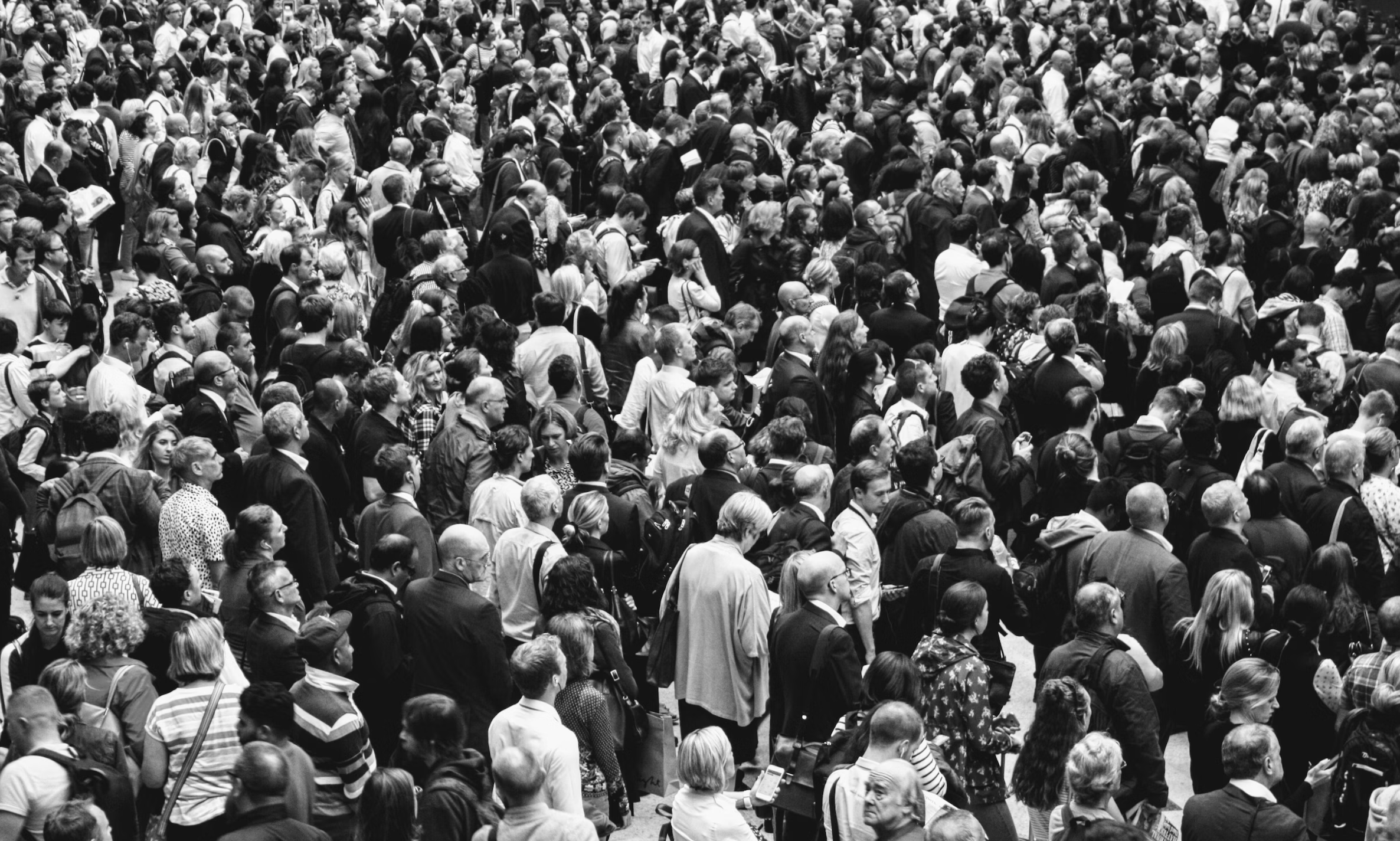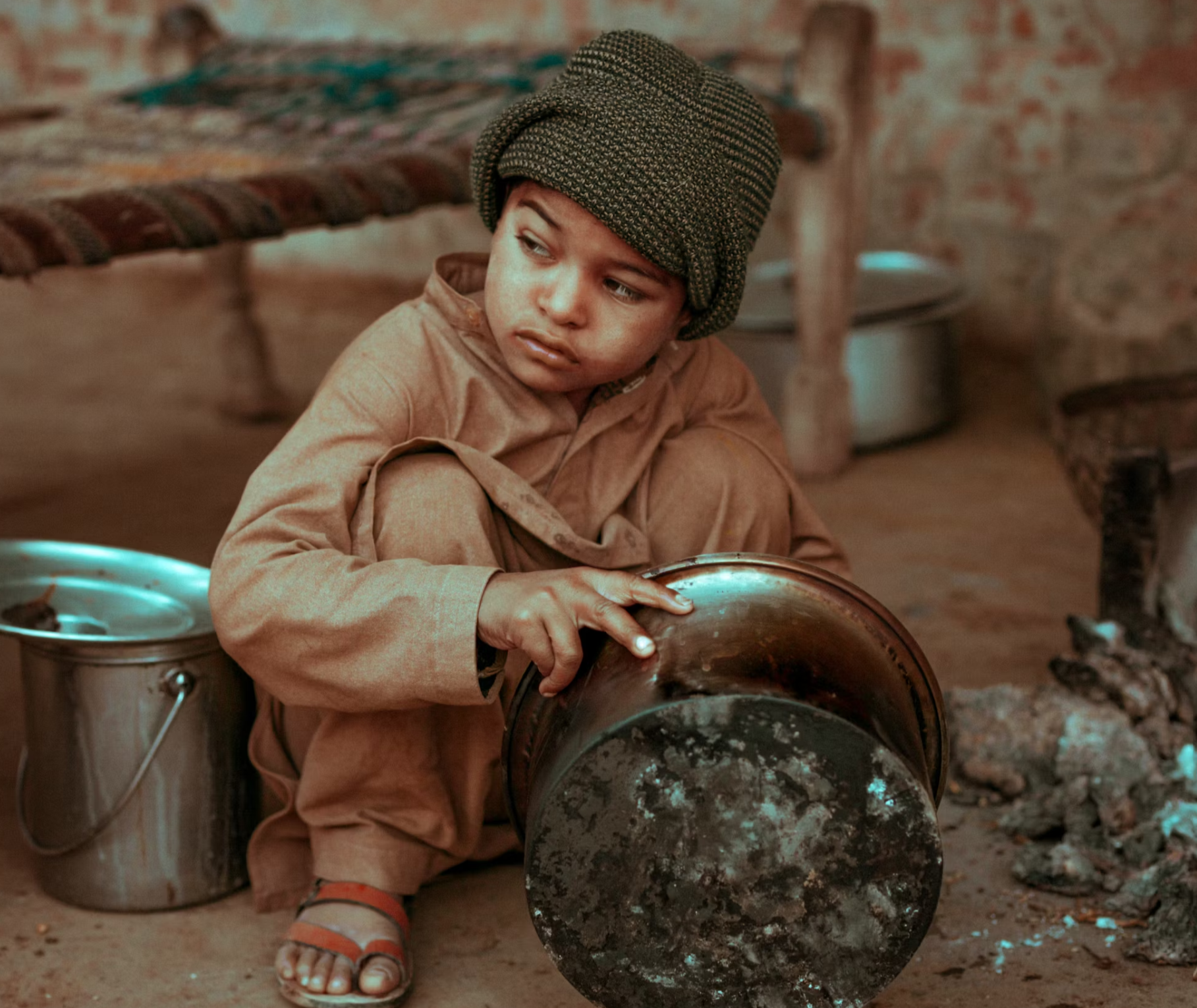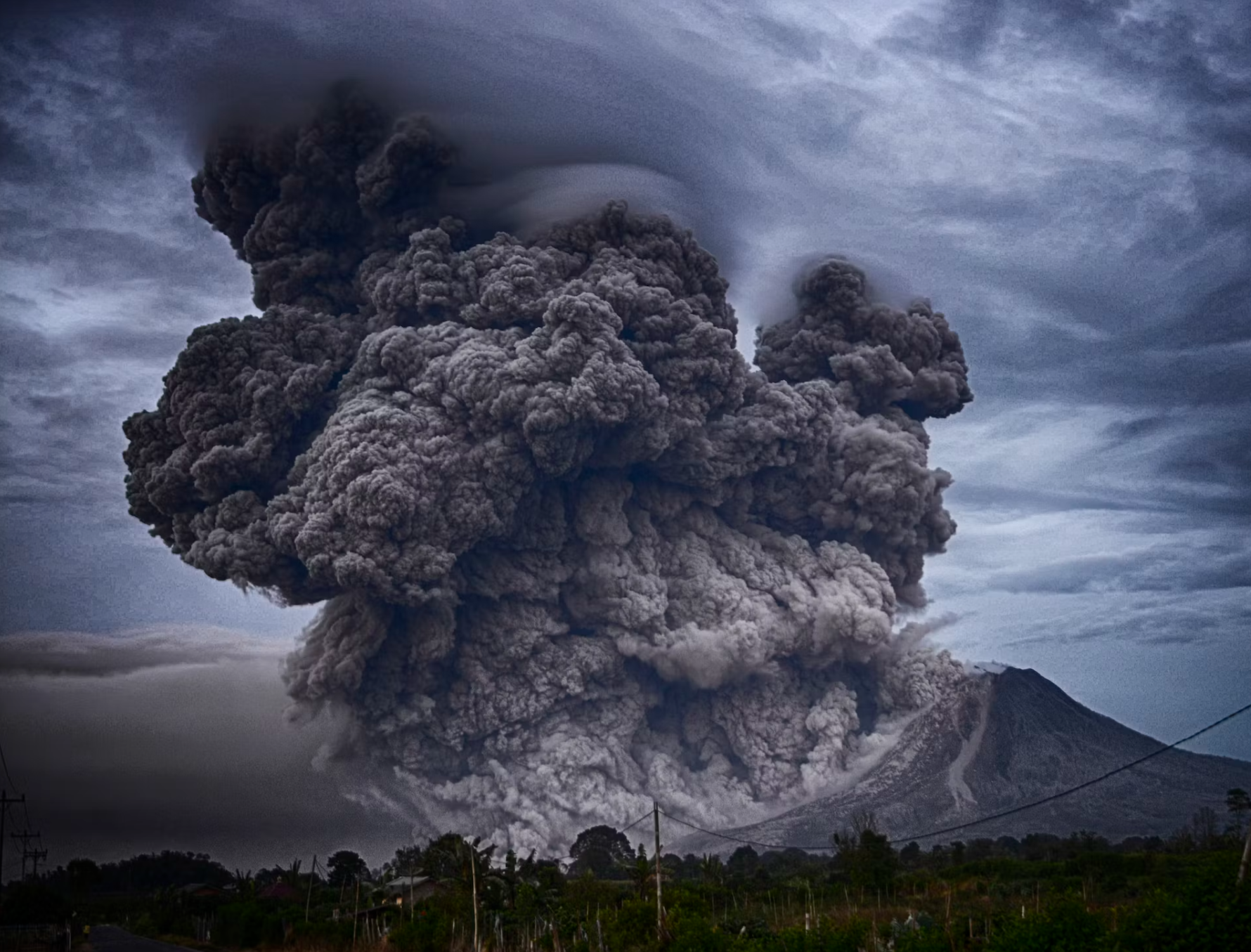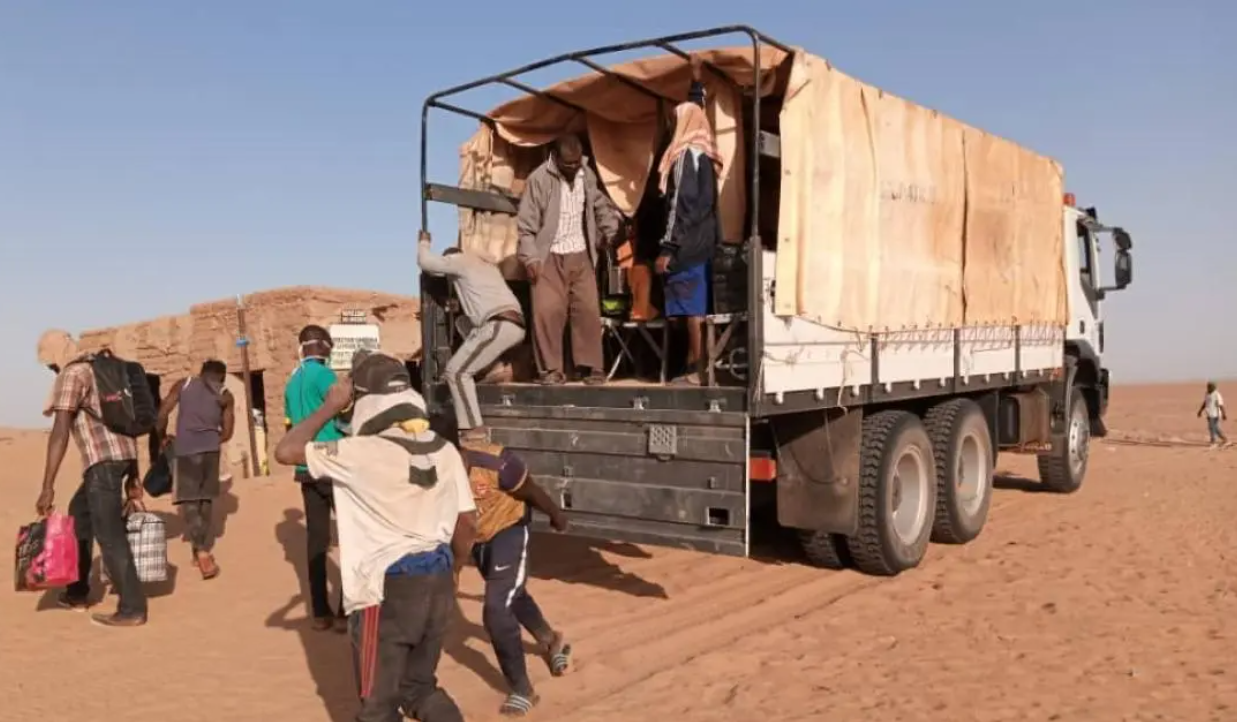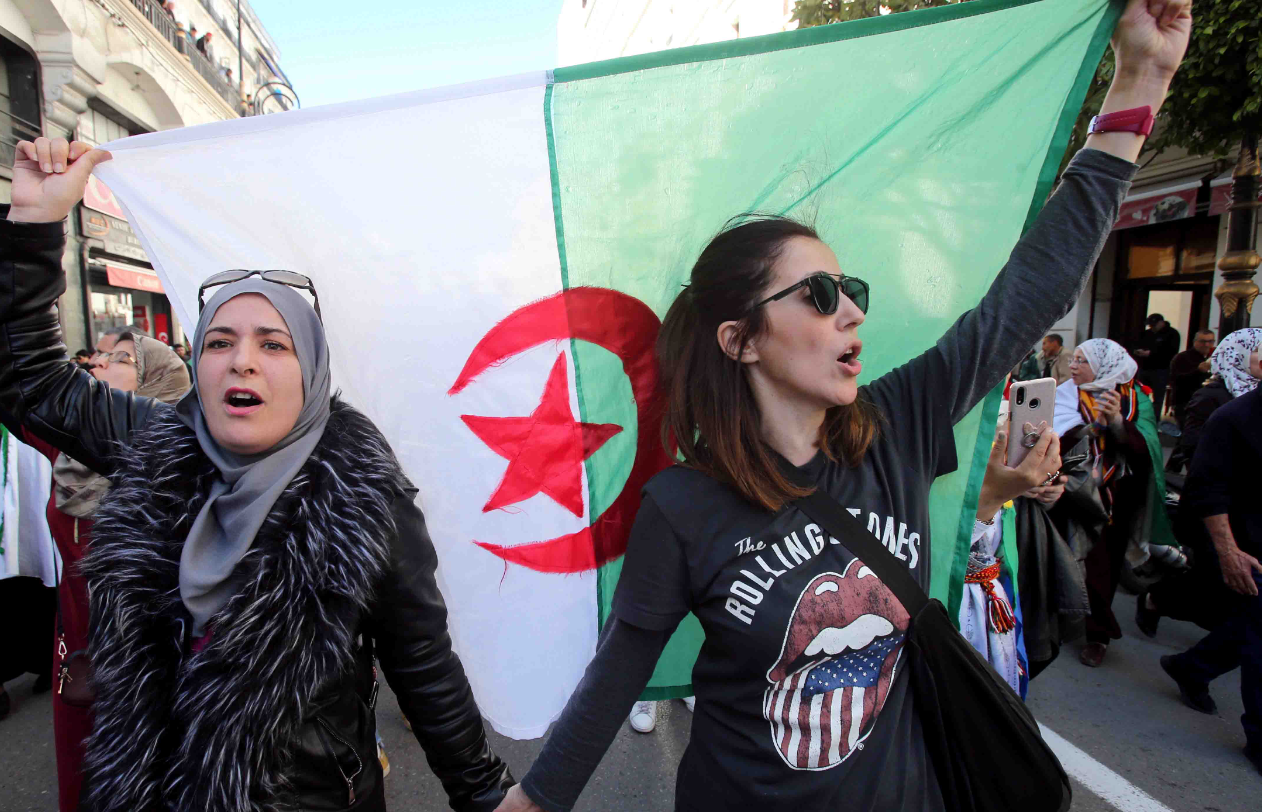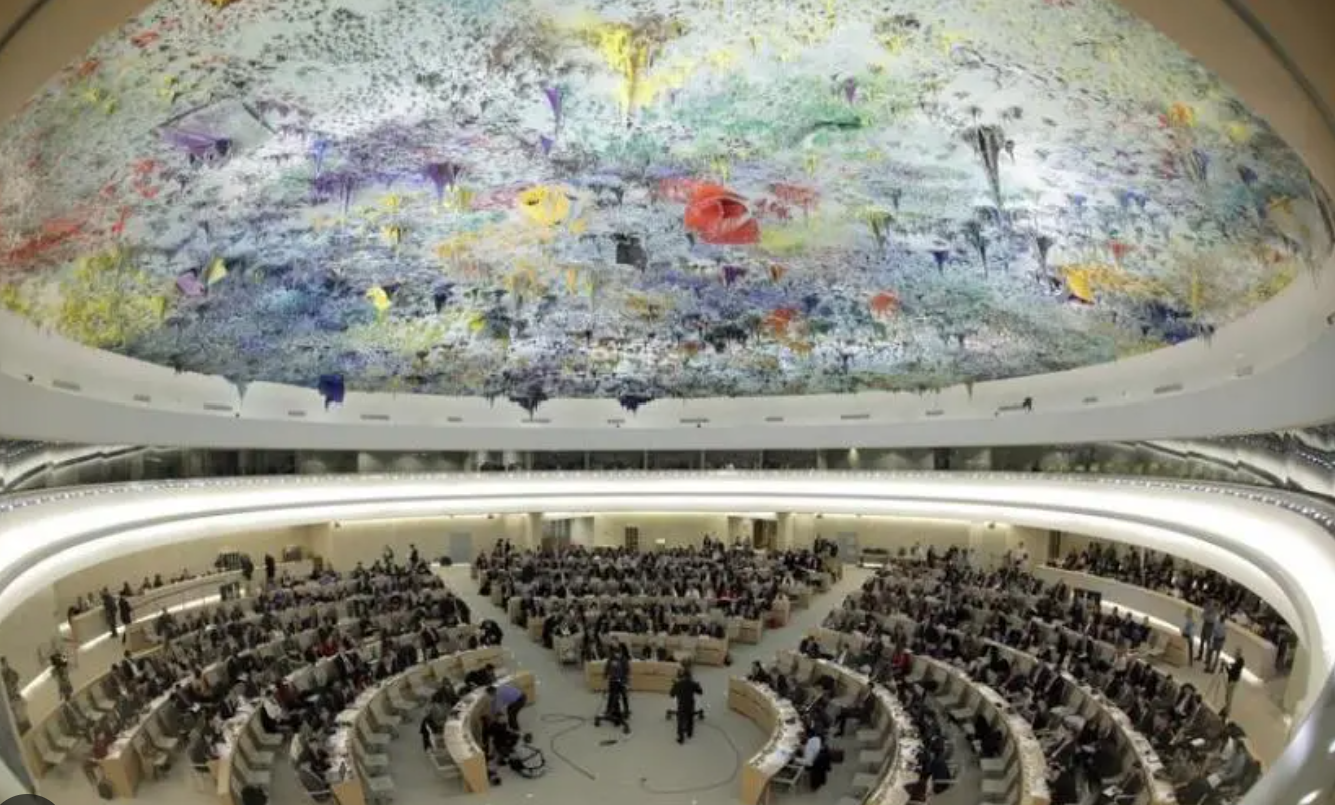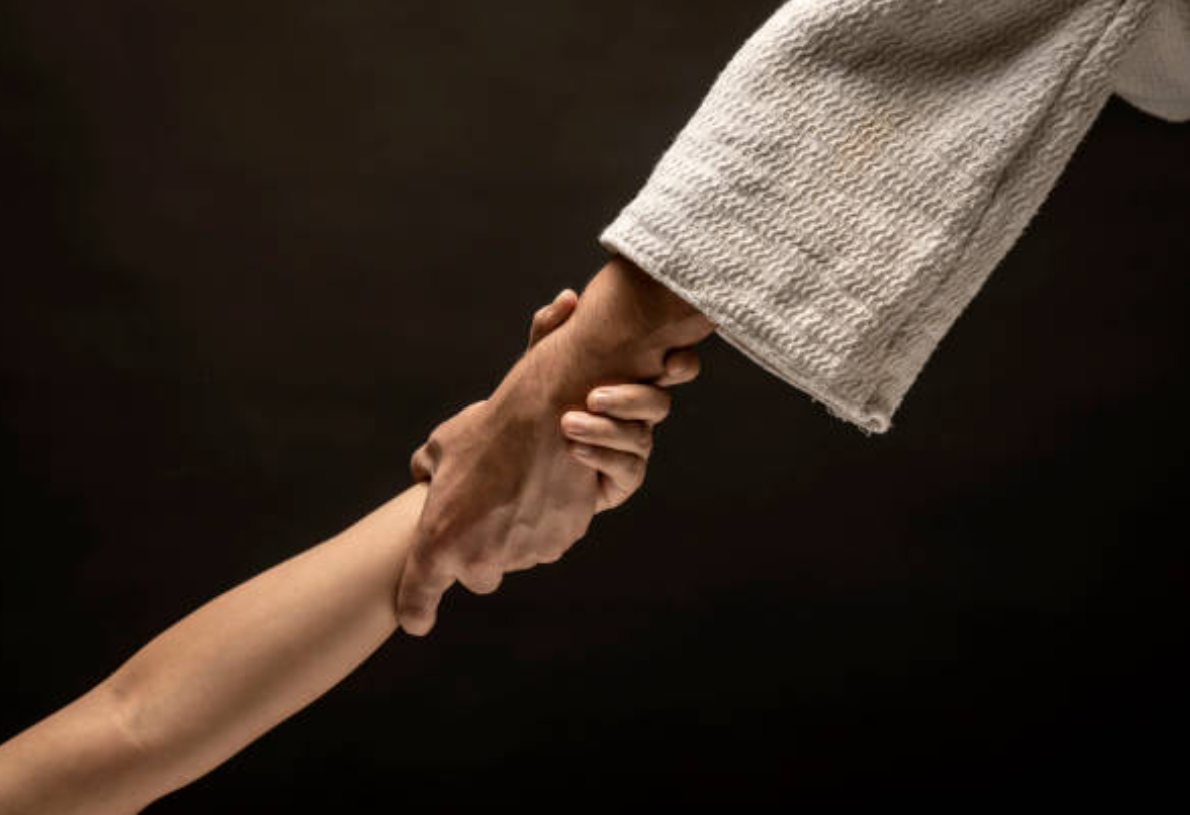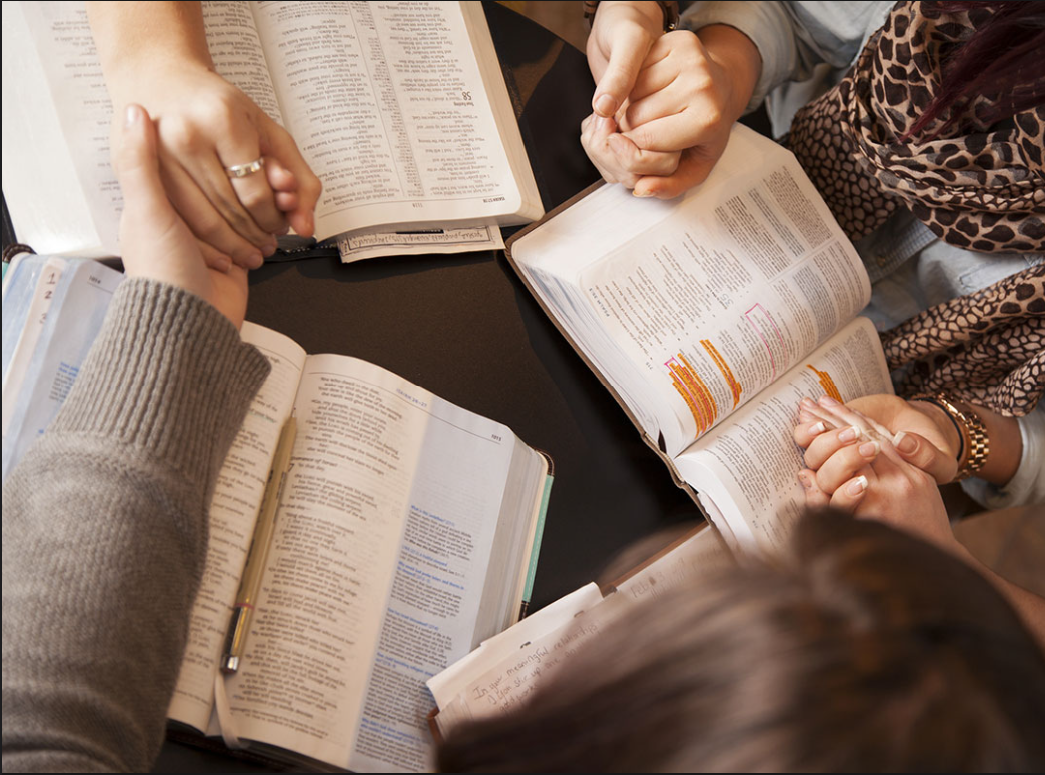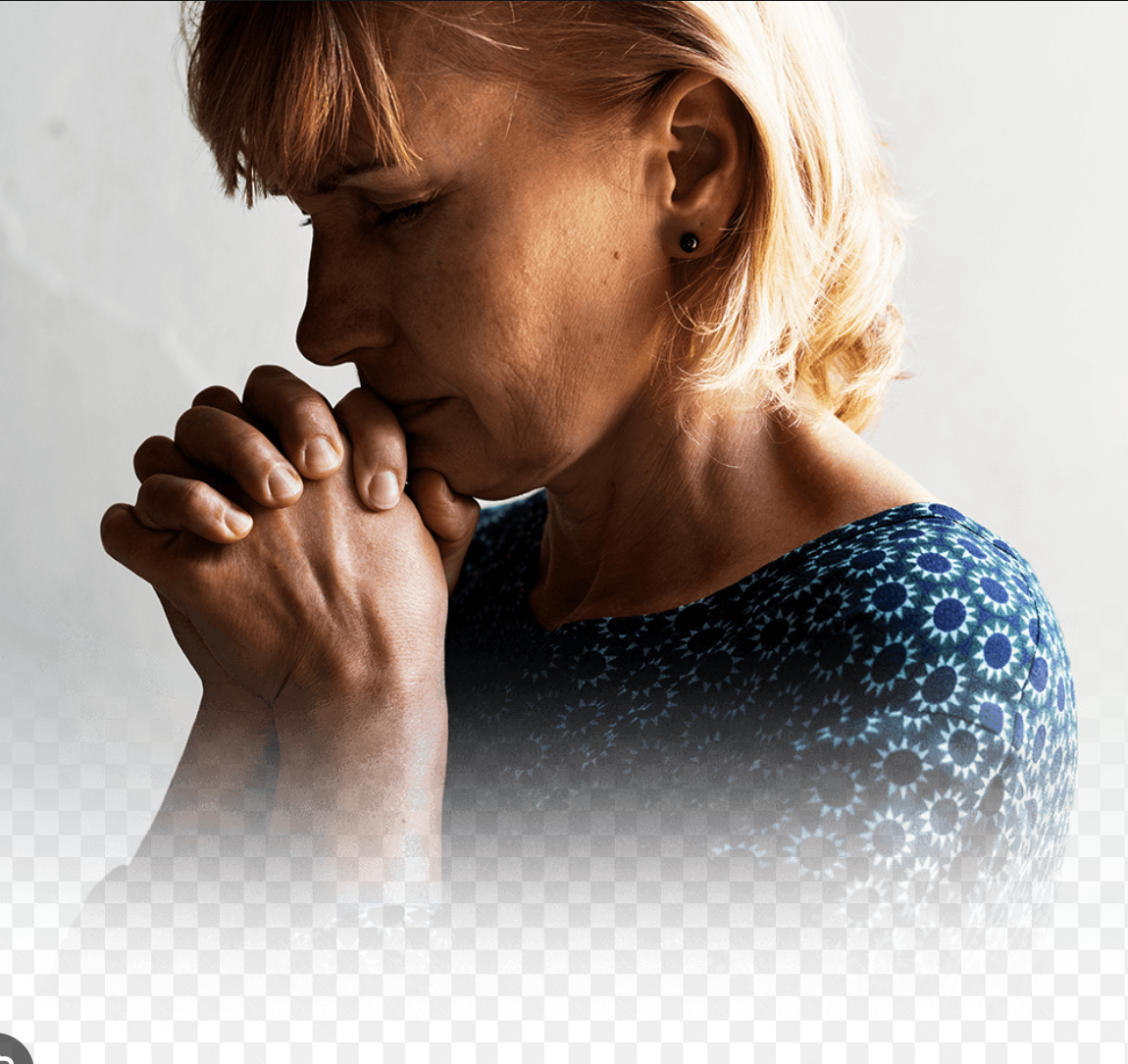Prayer Guidance
Almighty God, we approach you with hearts filled with gratitude, recognizing your goodness, love, and enduring faithfulness. As we begin our prayer for Algeria and its people, we express our thankfulness for your forgiveness, healing, redemption, and the satisfaction you bring to our lives. May our hearts overflow with praise and gratitude in all circumstances, aligning our desires with your will.
We lift up the political system challenges faced by Algeria. Lord, we pray fervently for leadership that promotes transparency, accountability, and the well-being of the Algerian people. Grant wisdom and discernment to the leaders and policymakers, guiding them to make decisions that prioritize the nation's future. We pray for a peaceful transition of power, if necessary, and a trajectory that leads Algeria towards stability and prosperity.
Father, we turn our attention to the sluggish economic performance in Algeria. We intercede for the diversification of the economy, attracting foreign investment, and creating job opportunities. Provide wisdom and innovative strategies to overcome the challenges faced by the state-controlled economy. Bless the Algerian people with financial stability, and particularly uplift the youth who face high unemployment rates. May their talents and aspirations find fulfillment.
Lord, we recognize the emerging conservatism and the struggle for identity in Algeria. We pray for tolerance, understanding, and dialogue among different segments of society. Let peace and mutual respect prevail, allowing Algeria to navigate this struggle with wisdom and grace. Protect the nation from divisiveness and grant strength to those who work towards a harmonious coexistence of secularism and religious values.
We stand in prayer for migrants, asylum seekers, and refugees in Algeria. Lord, we ask for compassionate and just treatment by authorities, and for international cooperation to address their needs. We pray for the development of a comprehensive national asylum law and protection framework, ensuring the well-being and dignity of those seeking refuge. May Algeria be a place of safety and support for those in need.
Father, we lift up the issue of women's rights in Algeria. We pray for the elimination of discriminatory laws and practices, and for the promotion of gender equality and women's empowerment. Protect women from violence and abuse, and provide them with the resources and support they need to thrive. May the rights and contributions of women be recognized and valued in all aspects of Algerian society.
Lord, we also bring before you the challenges faced by the LGBTQ+ community in Algeria. We pray for a change in societal attitudes and the repeal of laws that criminalize same-sex relationships. Grant strength and protection to LGBTQ+ individuals, and raise up organizations that can advocate for their rights. May they find acceptance, love, and freedom to express their identities without fear.
We now turn our attention to praying for the leaders of Algeria. Grant them wisdom, discernment, and humility as they make decisions that impact the nation. May they be guided by your principles of justice, compassion, and integrity. Surround them with advisors and counselors who seek the greater good of Algeria.
In conclusion, Lord, we place Algeria and its people in your hands. May your blessings flow abundantly, transforming the nation into a beacon of hope, stability, and unity. We trust in your unfailing love and faithfulness to guide Algeria towards a prosperous future.
We offer this prayer in the name of Jesus Christ, our Lord. Amen.
PRAY WITH BIBLE
Praying with the Bible for our nation is a profoundly transformative practice that connects us to the divine, immerses us in timeless wisdom, and invokes the power of God's word. It stirs deep emotions, fostering unity, love, and hope amidst challenges. Through this sacred act, we surrender, seek guidance, and invoke divine intervention to heal, reconcile, and ignite a movement of love and justice, shaping a future where peace, righteousness, and compassion prevail for our beloved nation.
PRAY FOR OUR LEADERS


